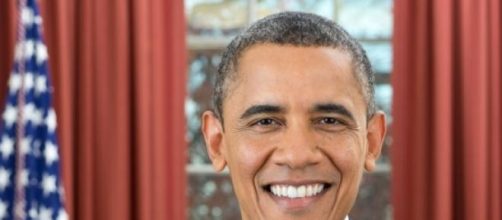US President Barack Obama has cut short his visit to India so that he can go to Saudi Arabia and pay his respects, following the death of King Abdullah. According to a White House announcement made Saturday, Obama will meet the newly-appointed monarch, King Salman as well as pay his respects to the family of the late king.
President Obama was initially scheduled to arrive in India on Sunday for a three day visit, but according to the statement, he will leave for Riyadh early Tuesday. The major parts of his trip, including meetings with recently elected head of government Narendra Modi on Sunday and annual Republic Day festivities on Monday will remain unaffected.
Obama's visit to India comes at a time when the two nations are looking to develop stronger relations, after a long history of tension between the two states at the highest level. He will become the first US president to visit India twice while in office, having visited the South Asian giant in 2010 for an economic summit. Obama will also be the first US president to headline Republic Day festivities in the world's largest democracy.
Obama's decision to visit Saudi Arabia does not come as a surprise. He praised the late king's "passionate belief in the importance of the U.S.-Saudi relationship as a force for stability and security." According to a White House, they do not foresee a change in relations resulting from the leadership change.
King Abdullah was buried on Friday in the Saudi capital in a simple ceremony at Imam Turki Bin Abdullah Grand Mosque. It was attended by a number of prominent Muslim world leaders. He has been succeeded by his 79-year old half brother, Salman bin Abdul-Aziz. The crown prince was serving as defence minister for the oil rich Arab state since 2012, and intends to continue policies of King Abdullah.

